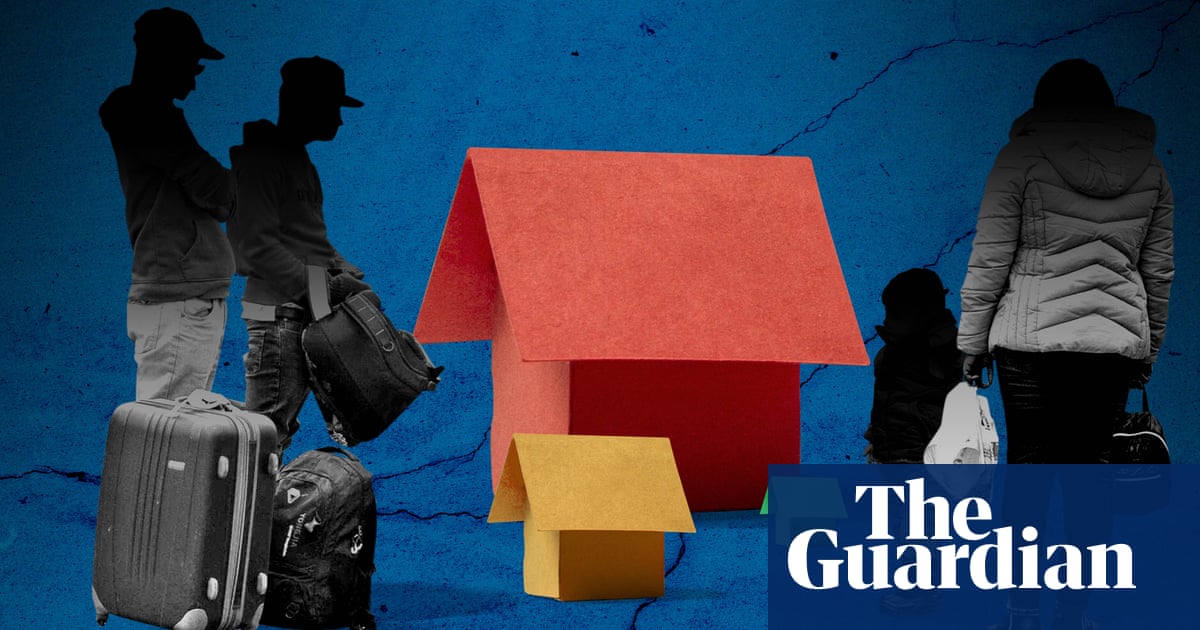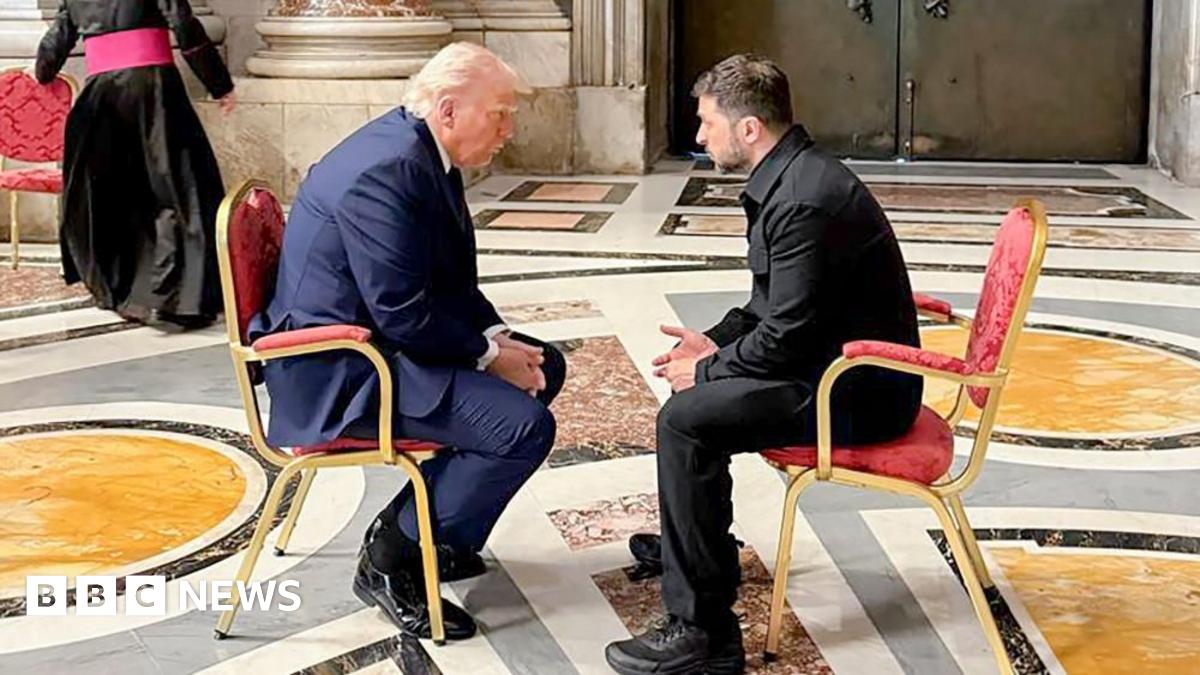Special Olympics Gymnasts Prepare for Summer Games wiht Public Demonstrations
Table of Contents
- 1. Special Olympics Gymnasts Prepare for Summer Games wiht Public Demonstrations
- 2. The Importance of Performance Experience
- 3. beyond the Technical: Enjoying the moment
- 4. Special Olympics: A Growing movement in the U.S.
- 5. Addressing Concerns About Competition and Inclusion
- 6. FAQ About Special Olympics
- 7. Interview: Spotlight on Special Olympics Gymnastics with Coach Evelyn Reed
- 8. Special Olympics Gymnastics: A Conversation
- 9. Preparing for the Games
- 10. The Holistic Benefits
- 11. The broader Impact of Special Olympics
- 12. Looking Ahead and Promoting Inclusion
By Archyde News Service
Published

As the 2025 special Olympics BC Summer Games approach,rhythmic gymnasts are honing their skills and building confidence through public performances. For athletes like Michaela Samsonoff, Darcie Muzychka, and Angela Hills, these demonstrations offer invaluable experiance in preparation for the upcoming competition, scheduled for July 10-12.
“It was definitely a lot (of people), but it’s a lot of fun too,” said Samsonoff, reflecting on a recent performance.
The Importance of Performance Experience
According to coaches, performing in front of an audience is crucial for athletes preparing for the Special Olympics. The environment of a competition can be daunting, and these demonstrations help athletes acclimate to performing under pressure.
“It’s very significant that they have an audience to perform for because when they go to competition, it’s judges, and they’ll be on the floor by themselves doing their routines,” a coach said.
Athletes also emphasize the mental preparation that comes with these opportunities.Learning to manage nerves and stay focused are essential skills for success in any competitive environment.
“I think just staying positive and being around new friends and just being a team is really important, and we all get along with one another,” Samsonoff said.
Muzychka shared her strategy for handling pressure: “Just breathe, practice, relax, and just do it.”
beyond the Technical: Enjoying the moment
While the practical benefits of performing in front of a crowd are clear, the athletes also appreciate the opportunity to showcase their hard work and have fun.
“It’s generally quite a serious thing when we’re practicing, but when they get out in front of an audience, then they seem to just relax and enjoy it,” a coach noted.
Muzychka echoed this sentiment, expressing her excitement for the upcoming games: “Friends, meeting new people, hearing all the different music.”
Special Olympics: A Growing movement in the U.S.
The Special Olympics is a global movement, and its impact is felt strongly in the United States. With programs in all 50 states,the organization provides opportunities for athletes with intellectual disabilities to participate in a wide range of sports. According to Special Olympics North America, more than one million athletes, unified partners, coaches, and volunteers are involved across the US and Canada.
These athletes often face unique challenges, including societal stigmas and limited access to resources. By providing a platform for competition and camaraderie, the Special Olympics empowers these individuals to overcome obstacles and achieve their full potential.
| State | Approximate Number of Athletes |
|---|---|
| California | ~70,000 |
| Florida | ~60,000 |
| Illinois | ~23,000 |
| New York | ~68,000 |
| Texas | ~55,000 |
Addressing Concerns About Competition and Inclusion
While the Special Olympics is widely praised for its positive impact, some argue that separating athletes with intellectual disabilities from mainstream sports can be counterproductive to inclusion. Critics suggest that it might reinforce existing stereotypes and limit opportunities for interaction with the broader community. Tho, supporters of The Special Olympics emphasize that it provides a crucial space for athletes to develop their skills and confidence in a supportive environment, free from the pressures and expectations of mainstream competition.Frequently enough, Special Olympics athletes later integrate into unified sports programs, which combine athletes with and without intellectual disabilities on the same teams.
FAQ About Special Olympics
- What is the mission of Special Olympics?
- The mission of Special Olympics is to provide year-round sports training and athletic competition in a variety of Olympic-type sports for children and adults with intellectual disabilities, giving them continuing opportunities to develop physical fitness, demonstrate courage, experience joy and participate in a sharing of gifts, skills and friendship with their families, other Special Olympics athletes and the community.
- How can I volunteer for Special Olympics?
- You can volunteer by visiting the special Olympics website (specialolympics.org) and finding your local chapter. There are many volunteer opportunities, from coaching to event support.
- Are the Special Olympics only for children?
- No,Special Olympics serves both children and adults with intellectual disabilities.
- How is Special Olympics funded?
- Special Olympics is primarily funded through individual donations, corporate sponsorships, and foundation grants.
- What sports are included in Special Olympics?
- Special Olympics offers a wide variety of sports, including athletics (track and field), basketball, bowling, gymnastics, soccer, swimming, and many more.
Interview: Spotlight on Special Olympics Gymnastics with Coach Evelyn Reed
Special Olympics Gymnastics: A Conversation
Archyde News: Welcome, Coach Reed! thank you for joining us today.
We’re excited to discuss the upcoming Special Olympics BC Summer Games.
Coach Reed: Thank you for having me! I’m thrilled to be here and
share our experiences with the Special Olympics Gymnastics program.
Preparing for the Games
Archyde News: Can you tell us about the preparation process for
the gymnasts,leading up to the Special Olympics Summer Games?
Coach Reed: Absolutely. Our gymnasts are currently
fine-tuning their routines. We’ve been focusing on skill advancement,
physical fitness, and mental preparation. It’s a holistic approach.
Public demonstrations play a vital role, helping athletes like
Michaela Samsonoff, Darcie Muzychka, and Angela Hills gain valuable
experience performing in front of an audience, building their
confidence and managing any pre-competition nerves.
Archyde News: Those public performances sound very significant for
building confidence.
Coach Reed: Definitely. Our athletes need to be accustomed to
performing under pressure. It helps them to be on the floor by
themselves doing their routines in a competition.
The Holistic Benefits
Archyde News: Beyond the technical aspects, what other
benefits do the gymnasts experience?
Coach Reed: The social aspect is huge. They build strong
friendships, learn teamwork, and support each other. It creates a sense
of belonging. And it’s all about enjoyment for them. They love being
in the spotlight.It’s fantastic to see. The athletes are learning
valuable life skills, too. Learning new things and staying positive is
key for them.
The broader Impact of Special Olympics
Archyde News: The Special Olympics is a global movement. How
does it impact the athletes in the U.S.?
Coach Reed: It’s profound. It provides them a platform to
compete, build camaraderie, and most importantly to overcome
obstacles. It is indeed amazing to see them grow during this process. The
inclusion of our athletes is a fantastic thing to see.
Looking Ahead and Promoting Inclusion
Archyde News: Are there any initiatives in place to further
promote inclusion within the wider community here?
Coach Reed: We are always encouraging greater inclusion.
Special Olympics is also working with unified sports programs, where
athletes with and without intellectual disabilities can play on the same
teams, which is really something special. We want everyone to feel
included and supported.
Archyde News: What’s your advice for anyone considering getting
involved with the Special Olympics?
Coach Reed: Reach out to your Special Olympics chapter. They are
always in need of volunteers,coaches,and financial supporters.
Visit specialolympics.org to find programs in your area. Together, we
can make a positive impact in the lives of these astounding athletes.
The more we all get involved, the more we all can help to improve the
quality of life for others.
Archyde News: Thank you, Coach Reed, for sharing your insights
and the journey these athletes partake in. it’s inspiring.
Coach Reed: Thank you for having me!
Archyde News: We invite our readers to share their experiences
and thoughts on Special Olympics in the comments below. What are your
most inspiring stories?

:focal(1219x394:1221x392)/origin-imgresizer.eurosport.com/2024/11/07/image-15b7c207-cc64-46a9-ab23-9633dab0efa9-85-2560-1440.jpeg)





